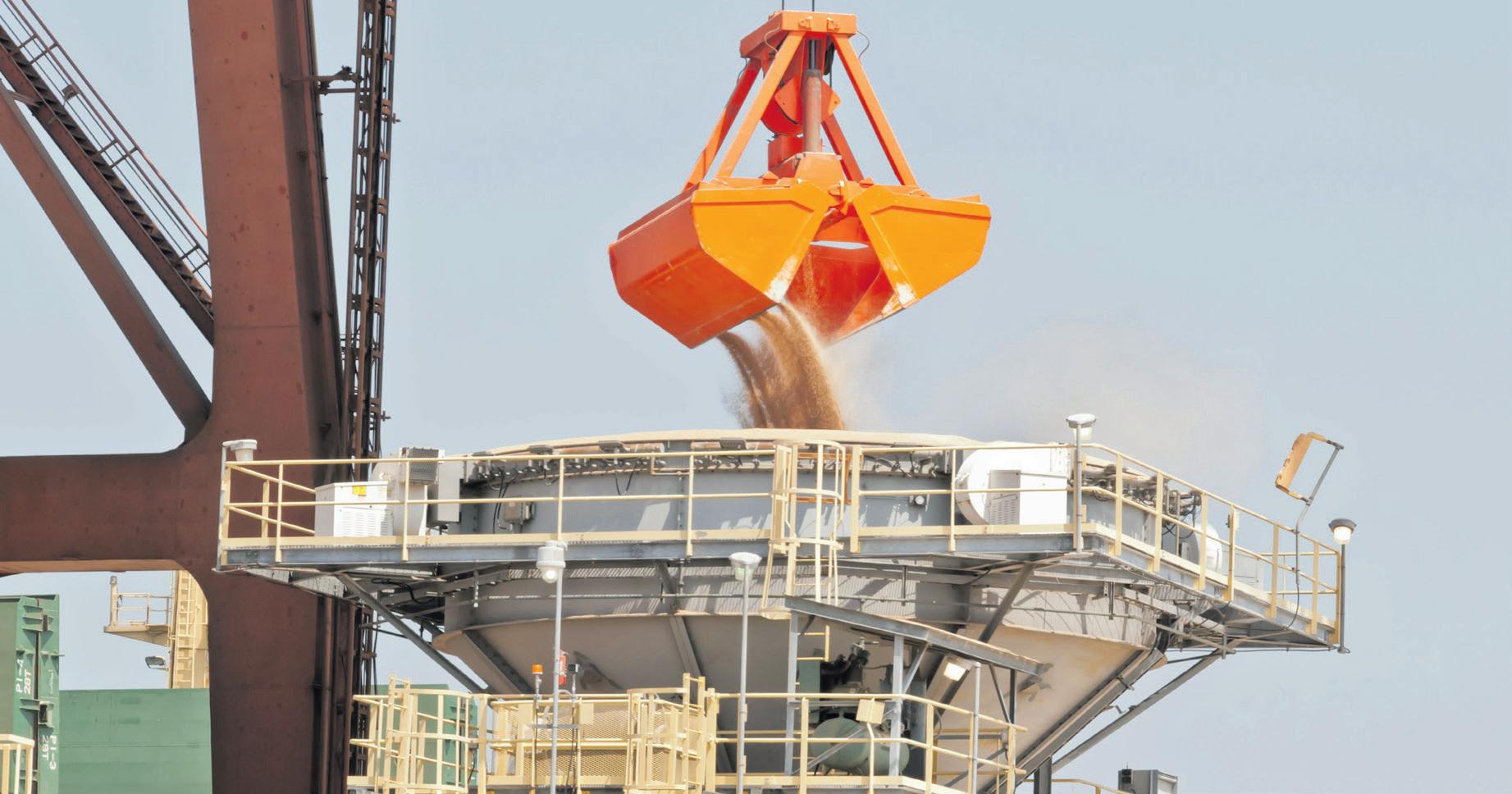
2 minute read
NFF Warns of Growing Pressure on Global Trade Frameworks, Stresses Importance of Free Trade
The National Farmers’ Federation (NFF) has highlighted the crucial role free trade agreements (FTAs) play in the success of Australian agriculture, while warning of increasing pressures on global trading frameworks.
Speaking at a Senate Joint Standing Committee on Trade and Investment Growth, Chris Young, NFF General Manager of Trade and Economics, underscored the sector’s reliance on international trade and the need to resist protectionist tendencies.
“Australian agriculture’s success is deeply intertwined with international trade,” Mr. Young told the committee. “In 2022-23, agricultural exports reached $80 billion, with over 70% of our produce exported—80% of that to countries with which we have FTAs.”
Mr. Young traced the origins of this success to economic reforms in the 1980s, which saw the deregulation of Australia’s agricultural sector. “The removal of price supports and collective marketing arrangements was painful but based on the correct notion that a deregulated sector with exposure to international markets would lift our competitiveness—and it has,” he said.
Importance of FTAs Amid Stalled Multilateral Progress
While progress on liberalising multilateral trade through the World Trade Organization (WTO) has largely stalled, Mr. Young pointed out that FTAs offer a critical avenue for enhancing trade. Australia has signed 18 FTAs since 2000, most notably in East and Southeast Asia.
“These agreements, negotiated by worldclass Australian negotiators with strong industry support, underpin farm gate prices and bolster resilience against market shocks,” he said. “The benefts of these agreements are well understood within our sector, from producers on the ground to industry bodies like the NFF.”
Challenges to Maximising Trade Benefts
Despite their importance, Mr. Young noted challenges in fully utilising FTAs, including deal-specifc issues such as non-tariff barriers, technical access problems, and the erosion of frst signatory advantages.
However, the broader challenge lies in the mounting pressure on the global trading framework. “The geopolitical, institutional, and monetary stability
Statement on ABARES Horticulture Labour
The NFF Horticulture Council welcomes the recent analysis from ABARES, which sheds light on the workforce challenges faced by the horticulture sector.
The fndings provide some encouraging signs, including evidence that fewer businesses are struggling to fnd that have underpinned our sector are being tested,” Mr. Young said. “It is imperative that we continue to promote the benefts of FTAs to the broader community and fend off creeping protectionist tendencies.”
Call to Action
Mr. Young praised the Senate inquiry as a timely opportunity to address these challenges, urging policymakers to advocate for free trade and strengthen the trading environment for Australian goods.
“The NFF has provided a series of recommendations in our submission to this inquiry, which we believe will be valuable in ensuring the ongoing success of Australian agriculture,” he concluded.
The NFF’s testimony serves as a reminder of the sector’s reliance on global markets and the need to safeguard the systems and agreements that enable Australian farmers to thrive on the international stage.









